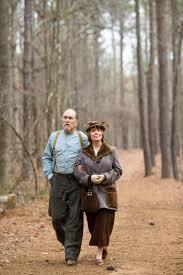 I’ve just been reading another excellent post from Dr. David McCartney on the Recovery Review blog.
I’ve just been reading another excellent post from Dr. David McCartney on the Recovery Review blog.
Good human relationships and social connections are potent protections against both physical and mental ill health. In an analysis [1] involving hundreds of thousands of people researchers looked to see to what extent social relationships influenced the risk of death. They found that those who had stronger relationships were 50% less likely to die early. Loneliness and social isolation have significant negative impacts. You want to live a long and healthy life? Get loads of friends.
In the same way, being connected to pro-recovery social networks improve outcomes in addiction treatment. For a variety of reasons, not least because of stigma, those suffering from substance use disorders are often relatively socially isolated. Guidelines consistently recommend connections to peer groups like mutual aid and LEROs [Lived Experience Recovery Organisations], though this has historically not been a priority for some services. For recovery from alcohol use disorders, being part of mutual aid has an impact at least as great as evidenced psychological therapies like cognitive behavioural therapy. [2]

 Yesterday, I was going through old Recovery Stories blogs (from the period 2013/4) when I came across this gem. It’s a guest blog by a GP who gives a personal view on professional perspectives of mutual aid. No doubt, it is just as relevant today as it was then.
Yesterday, I was going through old Recovery Stories blogs (from the period 2013/4) when I came across this gem. It’s a guest blog by a GP who gives a personal view on professional perspectives of mutual aid. No doubt, it is just as relevant today as it was then.






